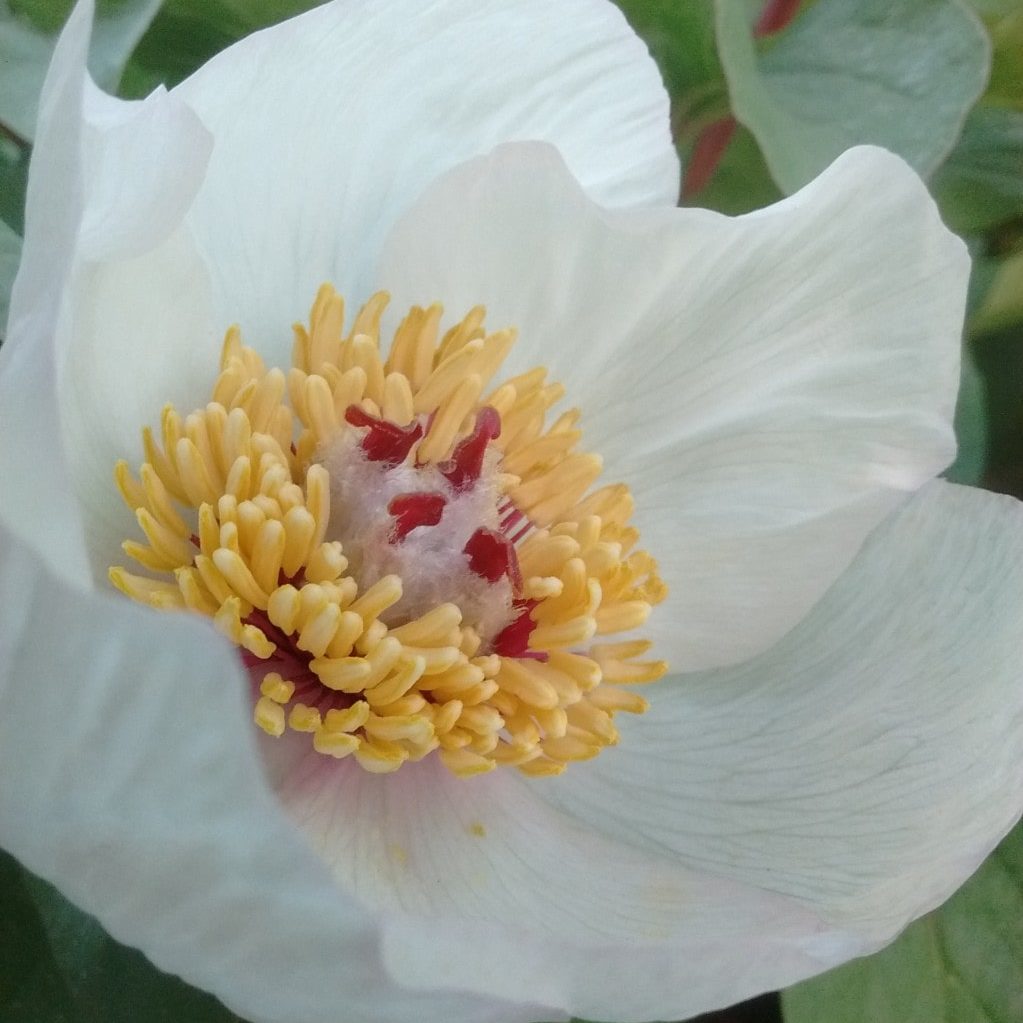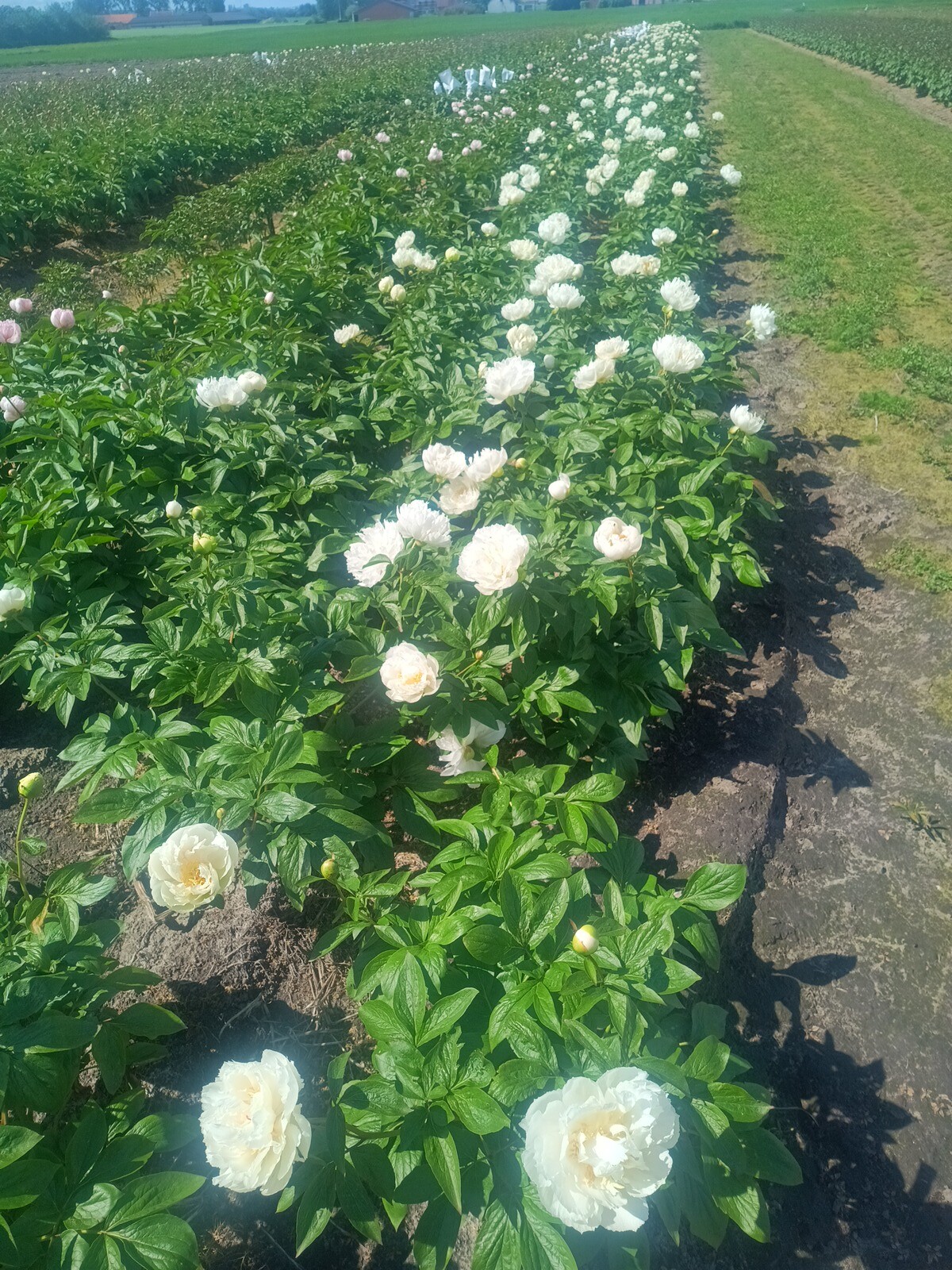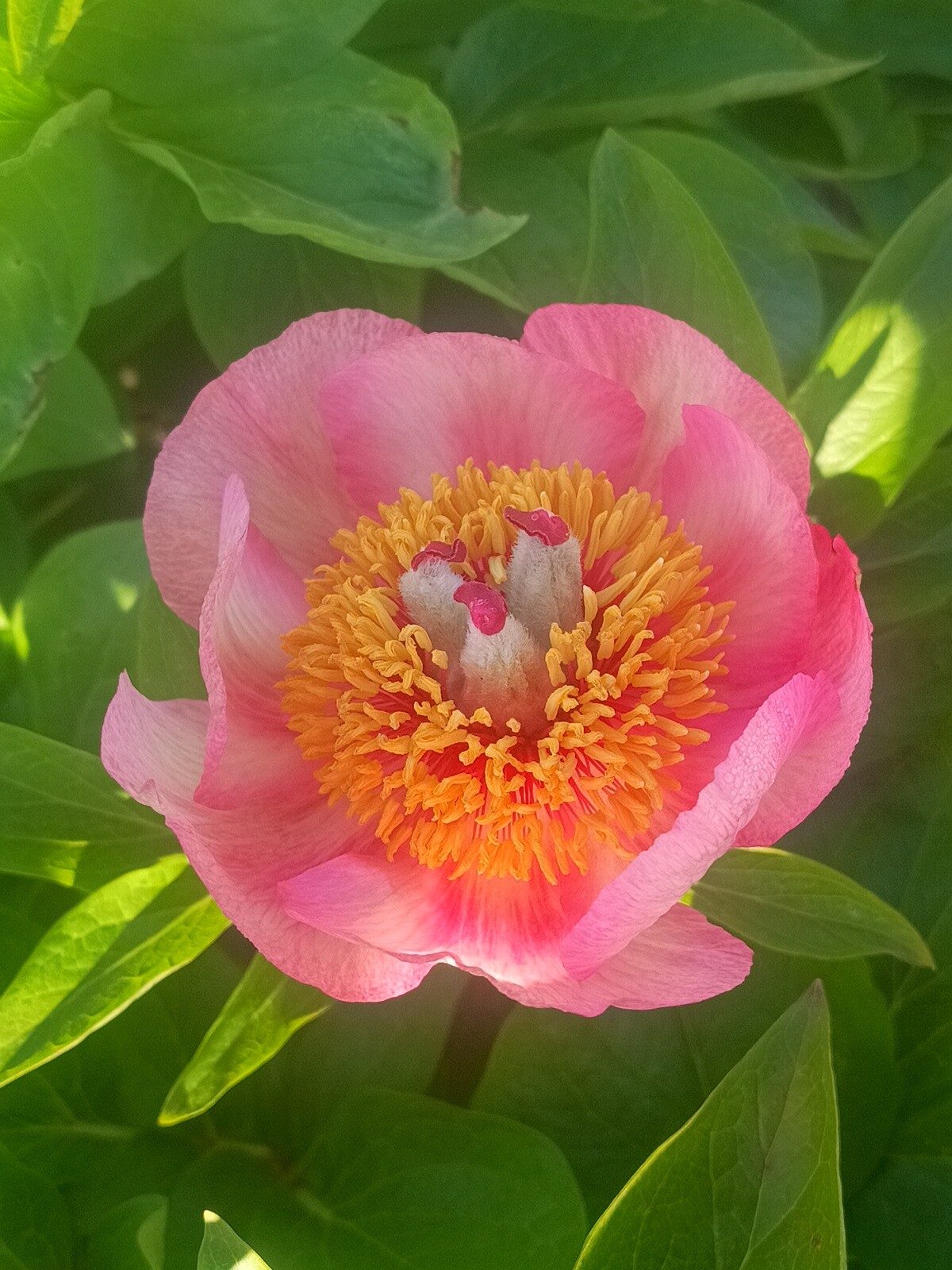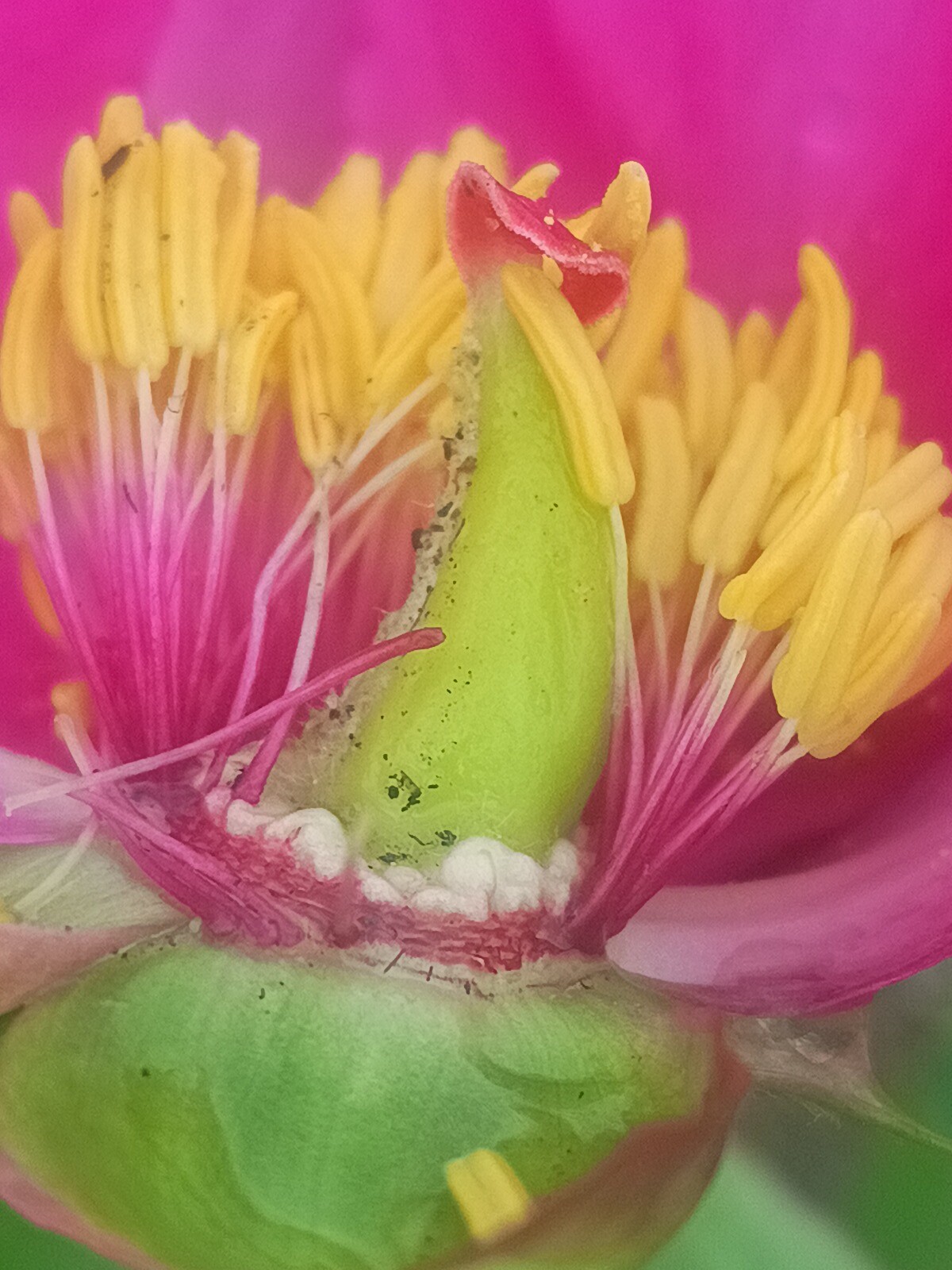-
Grand Massive (Fawkner, 2003). A few years ago I was asked by someone, whom I consider to be one of the best and most knowledgeable peony growers in the world, what I considered the best of Fawkner’s introductions. I was growing several then, including some unregistered ones and without any doubt I answered: Grand Massive. Several years later, I…Read More
-
Just Peachy (Seidl/Bremer, 2017). Creamy beige of colour; a short plant; good increaser; semi-double mostly here. A lot of people report that is only single flowering for them. Whilst it surely isn’t more than semi-double here with a limited amount of petals, they are thus spaced that they do give a rather filled appearance quite often. There are…Read More
-
Nancy. Wonderful cultivar. Very large leaflets, very sturdy upright stems. Large buds and flowers, pale pink, fades a lot.
-
Nikolai Vavilov. Fawkner plant. Some botrytis damage but it shows the sturdy stems and very large flowers. Resembles The Little Corporal somewhat, but is much taller.
-
khurtekant posted in the group Species Peonies International Network (SPIN)
Paeonia arietina Northern Glory. I am unsure whether it is a ‘pure’ selection as it never sets seeds and I never got any results from its pollen, so I’d rather think it is a hybrid (and I’ve seen images of the supposedly same cultivar that cannot be the same, so there are others being sold under the same name). I have another P. arietina, which…Read More
-
Ballerina (Saunders, 1941). A bit short this year and less double than usual, but these are second year plants after division, recovering from a severe infection with fusarium/cylindrocarpon two years ago and this is after a very wet Winter with higher than average temperatures. A was a (rare) bright day when photographing them, so they look a bit…Read More
-
khurtekant posted in the group Species Peonies International Network (SPIN)
If I don’t forget it (which I quite often do) I always take some images of the roots of my species plants whenever I move or divide them. Given that I often loose them afterwards you might say it’s for ‘nostalgic’ reasons mostly. The roots are an important determination characteristic when trying to classify species plants, but you don’t often see…Read More
4 Comments-
-
I have some seedling species peonies that I will need to move this fall and next fall. Do you have advice on transplanting to avoid shock/ death?
-
@rmulhero Transplanting species peonies is more difficult than transplanting usual cultivirs with a higher fail rate. But it goes best when they are young, thus small seedlings. From what I read, it seems your plants are just that. Absolute key to success is clearly the location where you plant them. Most species need some shade, unlike most…Read More
-
-
-
MONA posted a new SPIN plants – plant
Diese Pflanze habe ich als P. kesrouanensis erhalten? (Türkei) Größe ca. 40-45 cm, Blätter und Blütenknospen sind unbehaart.
-
The Peony Society posted in the group Species Peonies International Network (SPIN)
Paeonia emodi. Easy grower, but also easily damaged by poor weather. The ones growing outside look terrible, with lots of damaged leaflets and flowers. I have one plant growing in a sheltered position, that one is looking great and here are some images of it.
-
khurtekant posted in the group Species Peonies International Network (SPIN)
Paeonia officinalis ssp microcarpa (also known as Paeonia humilis). Growing in Portugal/Spain and South-West France. Not a fast increaser here, only one stem, but it does show the characteristics of the species with rather narrow leaflets and indumentum on the stems and petioles. The subspecies microcarpa differs by having more segmented leaflets…Read More
- Load More Posts






















































Koen , do you have a picture of the roots of a P. macrophylla ? – and a good hand for the P. sterniana .